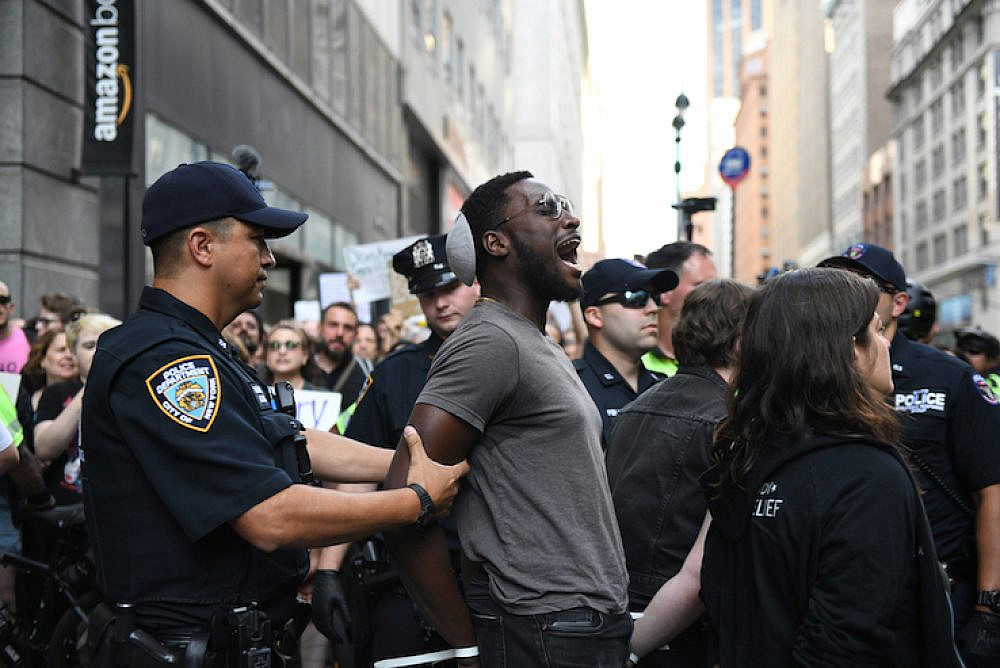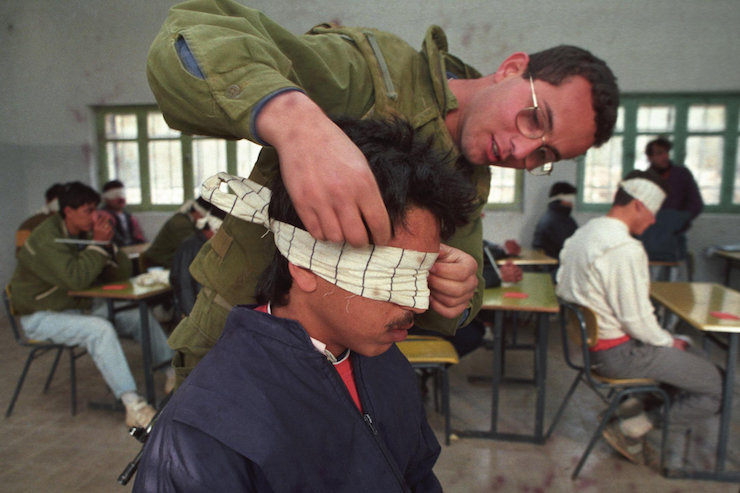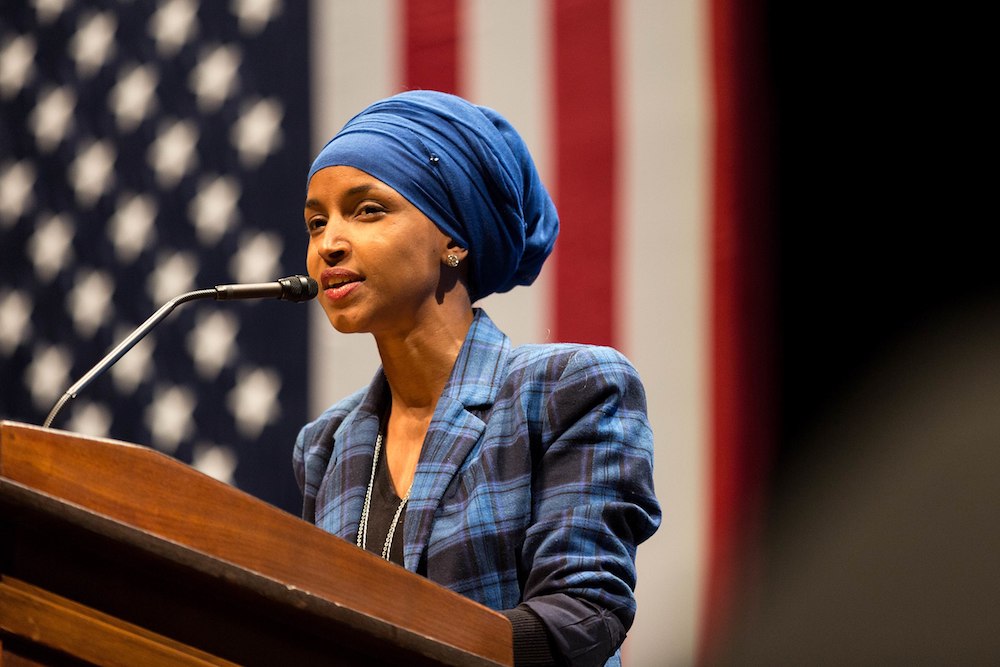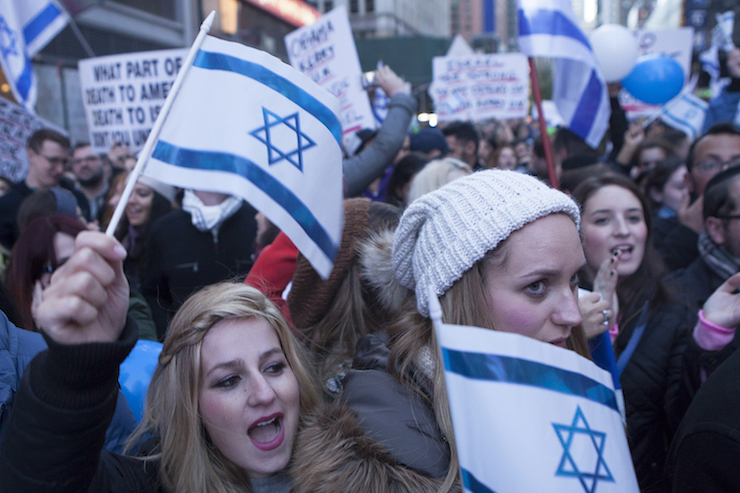25. The year Israel’s fascist sideshow took center-stage
Kahanism made a comeback in 2019 when, for the first time in over 30 years, a proper party molded in the Jewish supremacist image of Meir Kahane tried to enter the Knesset in both elections. But is the rise of a party that advocates for theocracy and ‘total war’ against Palestinians as unprecedented as the outcry has suggested? Read Natasha Roth-Rowland’s analysis.
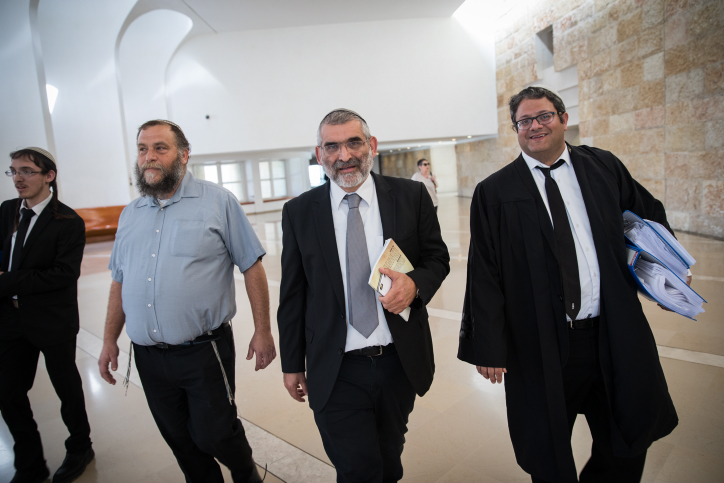
24. From heat waves to ‘eco-apartheid’: Climate breakdown in Israel-Palestine
2019 was the year Israel’s nascent climate justice movement tried to get the government’s attention. But Palestinians under occupation and siege — those most vulnerable to the dangerous effects of climate catastrophe — have largely been left out of the conversation. It means that a coordinated effort to combat warming temperatures, water shortages, and erratic weather, is next to impossible. Read the article here.
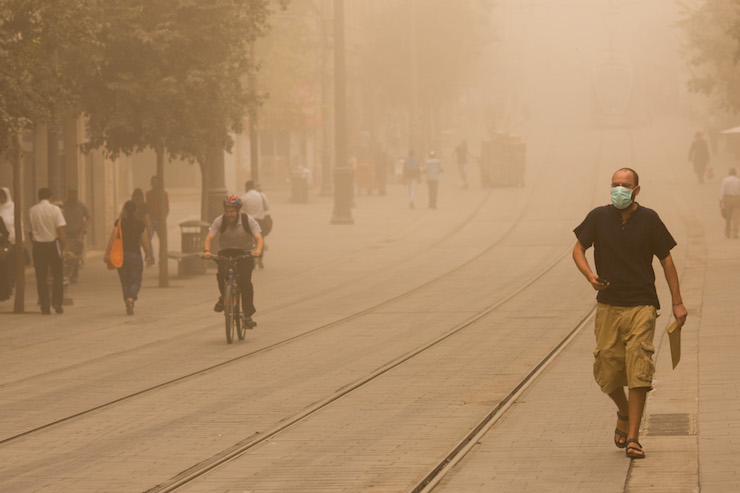
23. The Israeli right wants to keep Hamas in power
Forget everything you were told about Israel and Gaza. The three rounds of violence this past year made it abundantly clear that the Israeli right — from its politicians to its intelligentsia — prefers to keep Hamas in power. Meron Rapoport explains.
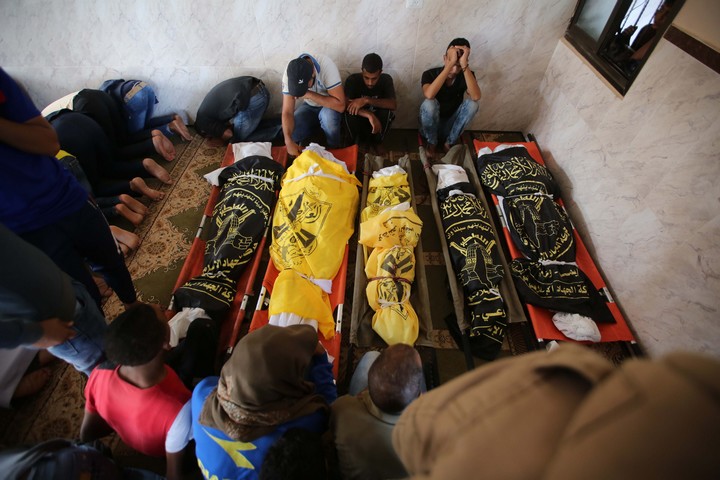
22. Jews, Arabs much less divided than Israeli politics lets on
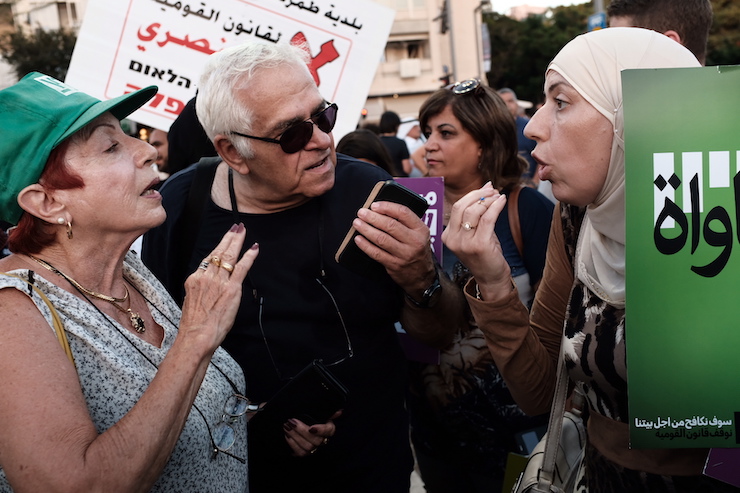
21. When Zionism imagined Jewish nationalism without supremacy
According to Dr. Dmitry Shumsky, the forefathers of Zionism did not, contrary to popular belief, initially envision a state based on Jewish supremacism, but were open to ideas of federalism and bi-nationalism. And yet the Zionism that came to dominate Jewish politics in Palestine, would inevitably come to involve the oppression of Palestinians. Read the full interview here.
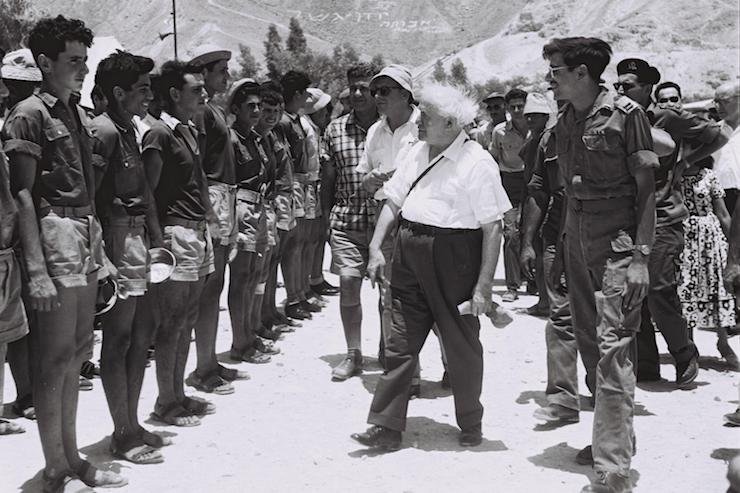
20. No, escalations do not begin with rockets on Israel
Israel might have the power to tell itself and the rest of the world that it is the victim vis-à-vis Gaza. In reality, it has been abusing two million besieged Palestinians for over a decade, writes Orly Noy.
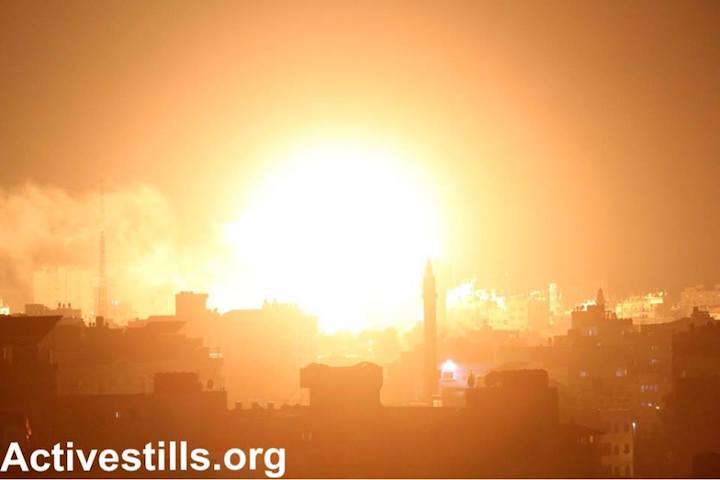
19. How Israeli doctors enable the Shin Bet’s torture industry
From approving brutal interrogation techniques to writing false medical reports, doctors in Israel have always taken an active role in the torture of Palestinian prisoners. Here’s what that looks like.
18. The American Jews challenging their Israel education
They grew up on the myths of a heroic Jewish state, joined Zionist organizations, and learned the hasbara talking points. But something along the way made them question everything. Click here for more.
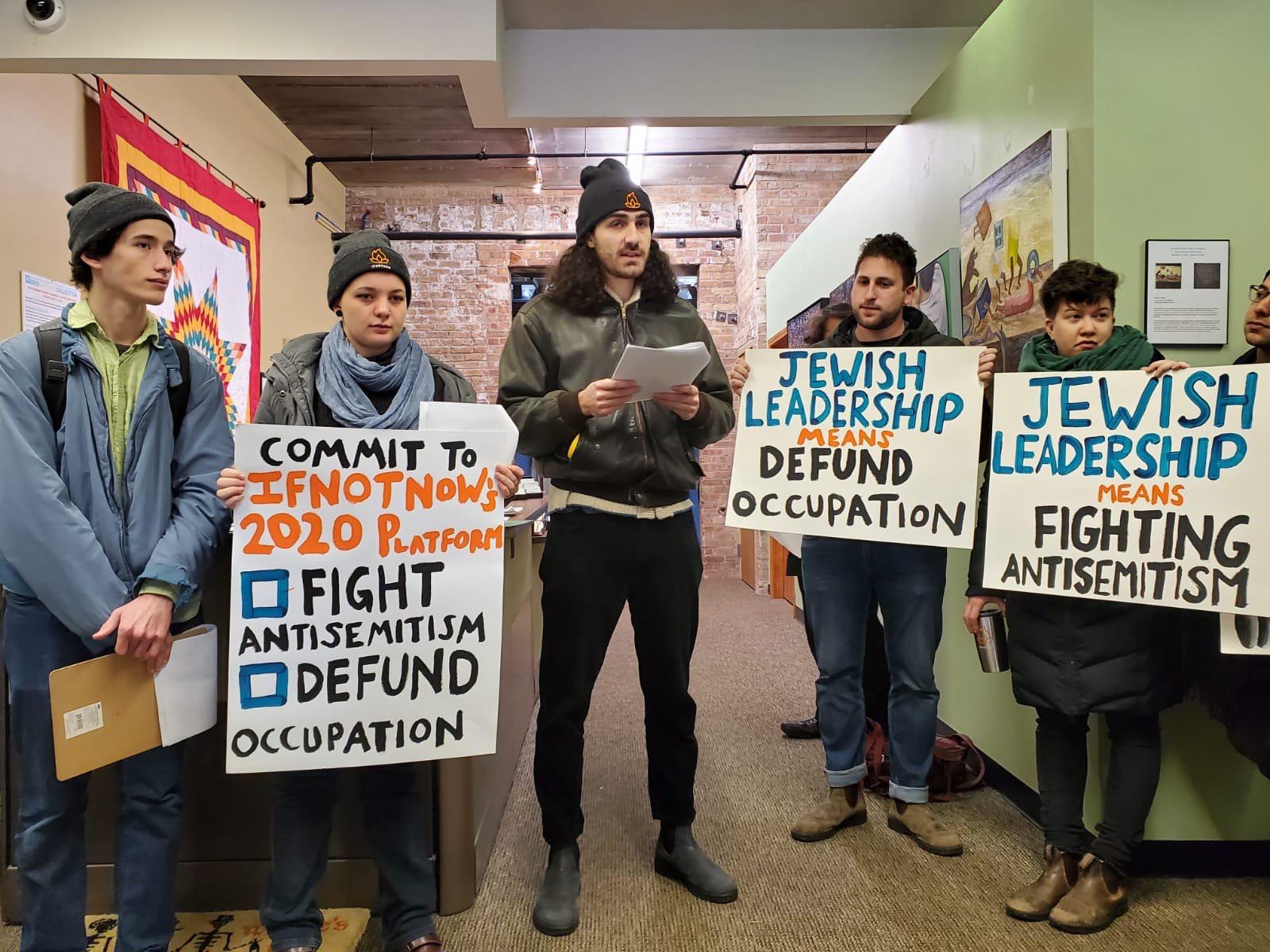
17. Women’s March Jewish outreach director: ‘Anti-Semitism can be unlearned’
2019 began with calls for the leadership of the Women’s March to resign amid allegations of anti-Semitism. In her first interview following the controversy, Jewish then-director of communications Sophie Ellman-Golan spoke to Mairav Zonszein about confronting anti-Jewish prejudice within the movement, the attempts to delegitimize the organizers, and how the March put forth a more inclusive vision. Read it here.
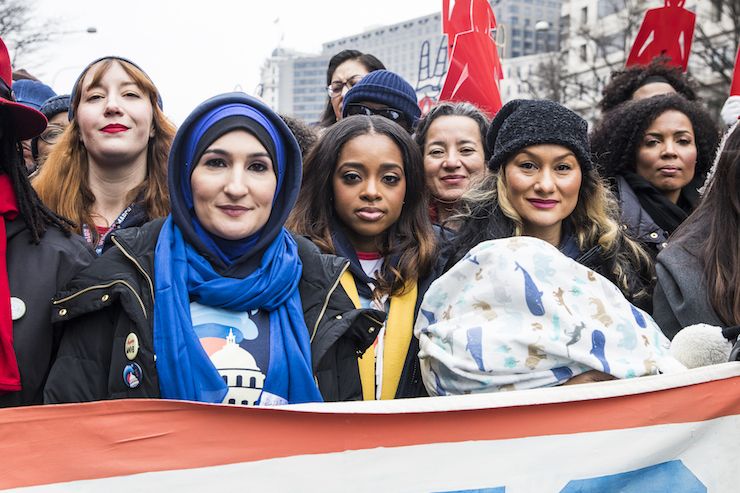
16. I’m Jewish, and I’m ashamed of how we’re treating Ilhan Omar
Congresswoman Ilhan Omar was accused this year of anti-Semitism not because criticizing Israel is anti-Semitic, but because the pro-Israel lobby has done a great job of making the American public and Congress believe that story. Read the full op-ed here.
15. Modi’s policies in Kashmir look a lot like Israel’s rule over Palestine
Over the past year, Indian Prime Minister Narendra Modi took a page straight out of the Israeli playbook when he put the northern region of Kashmir under lockdown, revoked the territory’s autonomy, took repressive steps against the country’s Muslim population, and plunged the region into chaos. Read Abdullah Moaswes’ analysis here.
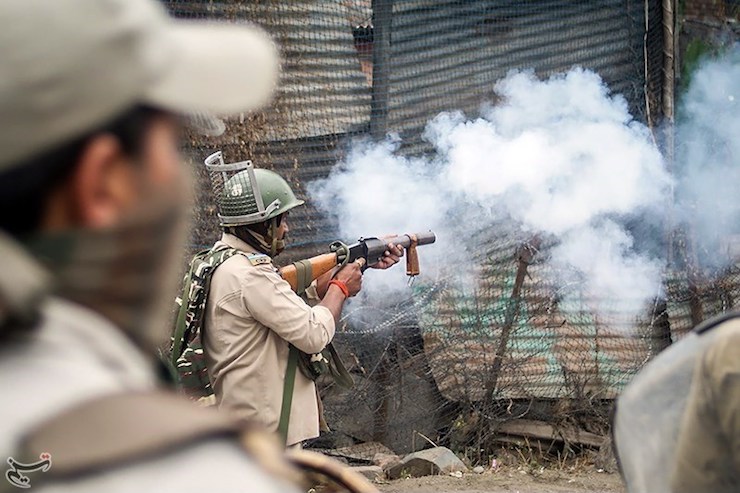
14. For Michelle Alexander’s critics, Palestinians don’t deserve civil rights
The uproar by Jewish establishment figures following Michelle Alexander’s New York Times essay this year, in which she wrote explicitly in support of Palestinian rights, echoes the reactions of white Americans to the Civil Rights Movement decades ago, wrote Amjad Iraqi.
13. The Israeli academics who helped design Palestinian emigration
Newly-uncovered documents revealed how Israel established a committee of its top academics in the days following the start of the occupation, tasked with devising policies to pacify the Palestinians and make them leave the West Bank and Gaza permanently. Read the full story here.
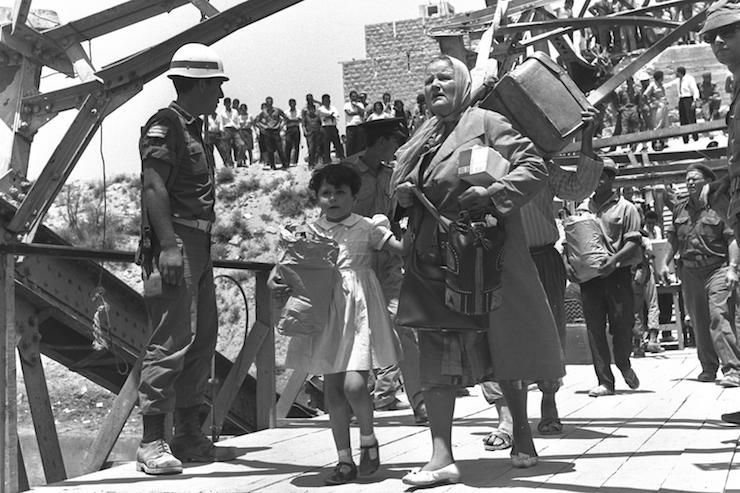
12. Cory Booker and Kamala Harris miss the progressive wave they seek to ride
Senators Booker and Harris’ hawkish records on Israel stand at odds with a Democratic voting bloc that is increasingly connecting Palestinian rights to a host of other racial and social justice issues, writes Rebecca Pierce.

11. Israel’s Nation-State Law also discriminates against Mizrahi Jews
The year began with a group of Mizrahi academics and activists demanding that Israel’s High Court strike down the Jewish Nation-State Law, saying it erases their cultural legacy and perpetuates injustices against both them and Palestinian citizens of Israel. +972’s Orly Noy, one of the signatories of the petition, wrote about it here.
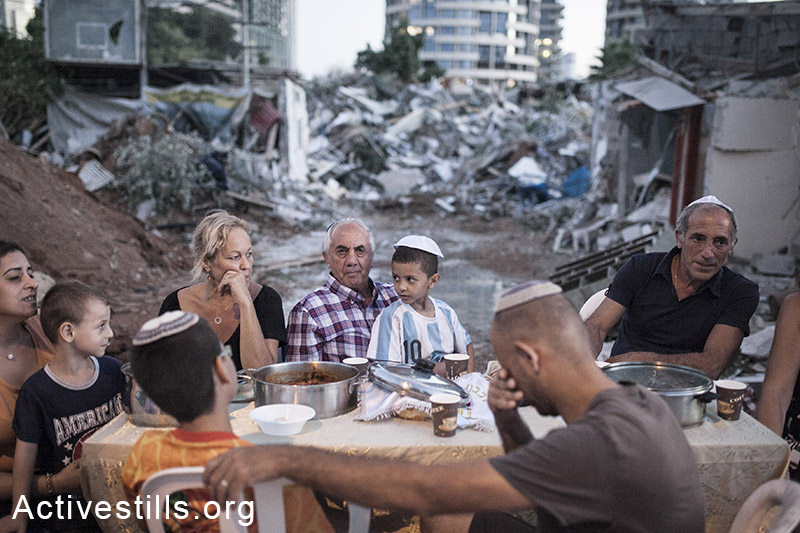
10. Who gets to vote in Israel’s version of democracy?
For a country that has gotten used to holding multiple elections in the span of a single year, you’d think Israel had this democracy thing down. Here’s the thing: not everyone living under Israeli rule gets a vote. Michael Schaeffer Omer-Man broke down who has rights and who doesn’t.
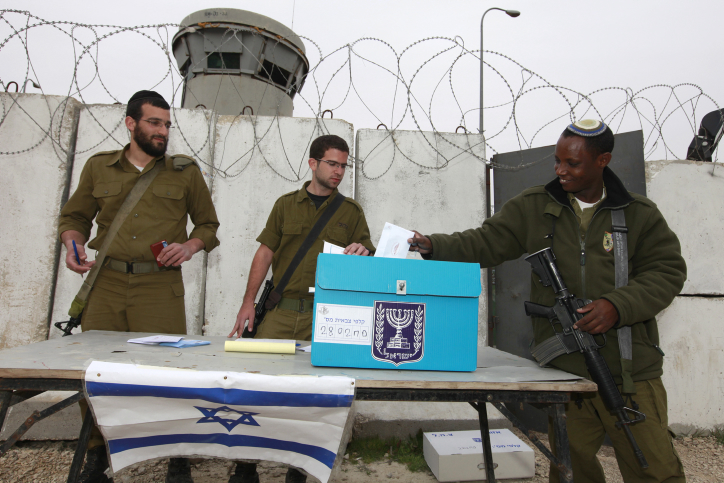
9. Distorting the definition of antisemitism in order to shield Israel
The IHRA initially sought to combat racism against Jews and Holocaust denialism, but as the past year in both the U.S. and in Europe has shown, its definition of anti-Semitism has served as a tool to silence all criticism of Israel, making it harder to identify actual forms of anti-Jewish hatred. Read the full article here.
8. How Israel helped prop up Rwanda’s Hutu regime before the genocide
Israel refuses to come clean about its links with the murderous Hutu regime that carried out the genocide in Rwanda 25 years ago. But Foreign Ministry documents show that Israel was aware of the massacres against the Tutsi minority way back in the 1960s — and turned a blind eye. Eitay Mack uncovered the story here.
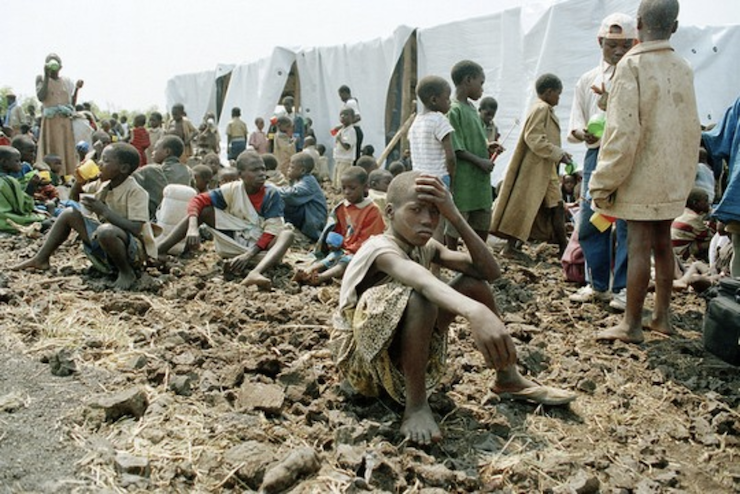
7. When an American in the IDF meets a Palestinian American in Hebron
A promotional video put out by COGAT, the unit of the Israeli Defense Ministry charged with administering the occupation, made us all turn our heads before shaking them. Here’s the gist: An American serving in the Israeli army in Hebron says that her job controlling the movement of Palestinians inside the occupied territories serves as a “conversation starter” whenever she meets Palestinians from the U.S. who, back in her home country, would actually have the same exact full rights as her. You can’t make this stuff up.
6. The year Jewish Voice for Peace declared itself anti-Zionist
In a wide-ranging interview about the group’s decision to come out as opposed to Zionism, former JVP director Rebecca Vilkomerson spoke to Michael Schaeffer Omer-Man about how to fight the conflation of anti-Zionism with anti-Semitism, attacks on Black-Palestinian solidarity, and the broader political moment for Israel-Palestine.

5. Why HBO’s ‘Our Boys’ is a victory for Israeli hasbara
In late August, Prime Minister Benjamin Netanyahu beseeched Israelis to boycott HBO’s ‘Our Boys,’ the American-Israeli miniseries that tells the story of the kidnapping and murder of Muhammad Abu Khdeir. But in doing so, the prime minister missed the fact that the series actually erases the occupation’s greatest iniquities, all while supporting the dominant Israeli narrative. Read Haggai Matar’s analysis here.

4. The American Jews fighting Trump’s immigration policies
A growing movement of American Jews mobilized this year against U.S. immigration policy across the country. At the height of the protests, 44 Jews were arrested in nationwide actions in solidarity with immigrants under threat of deportation. Read Joshua Leifer’s coverage here.
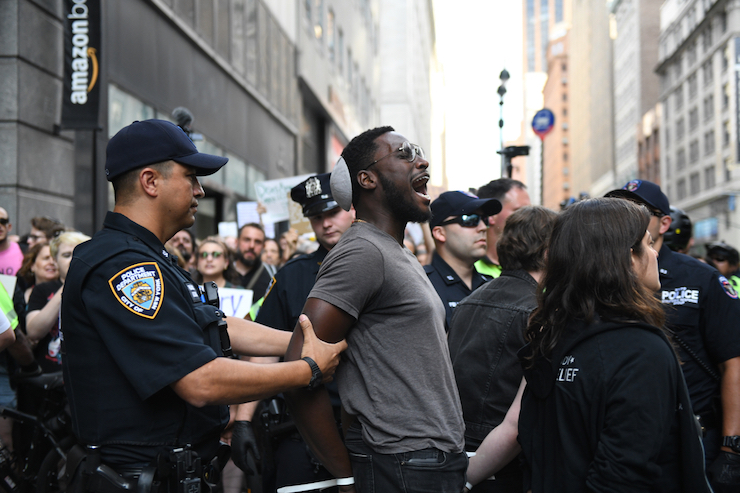
3. Israel bars hundreds of Palestinian Christians from traveling on Easter
In an unprecedented decision, Israeli authorities began denying hundreds of Palestinian Christians the right to travel to Jerusalem from across Palestine for the holiday, while barring all movement between the West Bank and Gaza. Read Henriette Chacar’s report here.

2. WATCH: Israeli soldiers break into Palestinian school, arrest 10-year-old
This is what occupation looks like, every single day of the year, every year.
1. Israel is trying to hide its arms sales to Duterte’s Philippines
Israel has a dark history of selling arms to some of the world’s most brutal tyrants, and its legal establishment, it seems, is content to provide cover to those sales. In September, an Israeli court imposed a total media blackout on hearings regarding the sale of weapons to Rodrigo Duterte’s regime, which has been accused of committing mass atrocities, as well as grave violations of human rights and international law. Click here to read our most-read story of the year.

